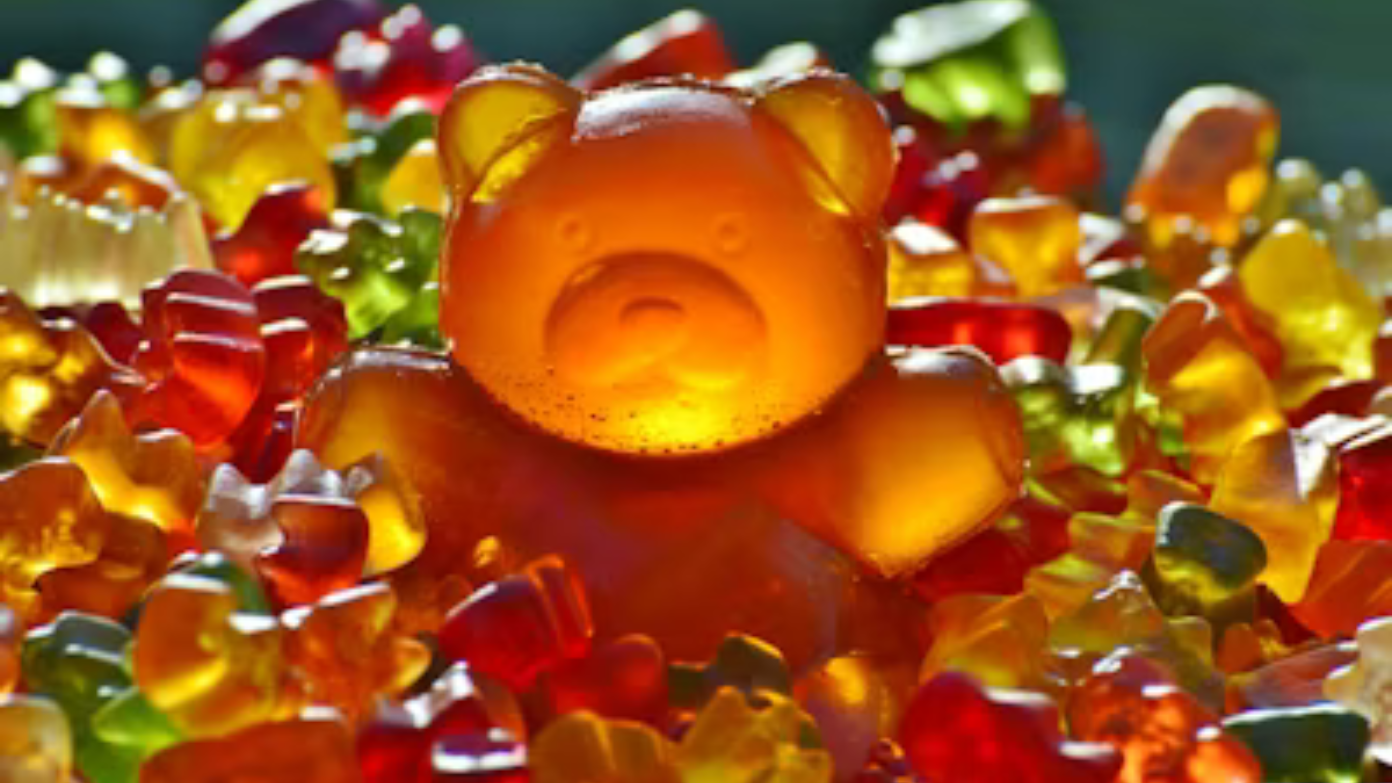Haribo has withdrawn nationally from its Happy Cola F!ZZ sweets from Dutch stores following the discovery of traces of cannabis in several batches. This was after many shoppers, including children, reportedly collapsed and complained of other symptoms following consumption of the product. Testing confirmed that the source was from 1kg plastic bags available on the Netherlands market which raise concerns about the reliability of supply chains and increased incidents of cannabis-impregnated foodstuffs.
Discovery of taint and preliminary reports
Taint was first discovered on 30th May 2025 when a house in Twente, the eastern half of the Dutch region, called the police after having their kids fall ill after consuming the cola-shaped Haribo gummies. Tests by NVWA, the Netherlands Food and Consumer Product Safety Authority, revealed the presence of cannabis in three independent 1-kilogram consignments that were confiscated from local retail shops. The affected products had the best-before date of January 2026 and the batch code of L341-4002307906. Although initially the reports noted the focus was on Twente, follow-up checks showed no infected bags were discovered outside the eastern Netherlands, despite the recall being pursued across the country as a precaution.
Patients who reported experiencing living symptoms mentioned dizziness, nausea, and disorientation. The families had even planned to visit the hospital because of this condition. The NVWA immediately released an urgent advisory warning consumers not to consume the product, even suggesting that small amounts of cannabis could have disastrous consequences on health because of its impact on children. “Do not consume the sweets,” the NVWA spokesman, Saida Ahyad, while suggesting collaboration between the agency, and law enforcement agencies.
Product recall and corporate response
Haribo quickly acted to mitigate the crisis. All batches affected by the infestation will be returned to customers for full refund, and all stock of Happy Cola F! ZZ vanished from the shelves in the Netherlands. It made a statement clarifying that the recall was precautionary and restricted to Netherlands, reassuring international markets that they had not been infested at all.
Our consumers’ safety is of the highest priority,” Haribo Vice President of Marketing Patrick Tax stated, verifying that the company is working with Dutch authorities in probe of the crash.
The recalled product—a carbonated cola-flavored gummy originally launched in 1965—consists of effervescent gooey balls that come inside a distinctive bottle. On an average, the 1 kg pouch comes for about €8.50, or $9.20, targeting family portions. The NVWA explained that indeed the contaminated bags are authentic Haribo products. There had been speculation at first that it was merely counterfeit.
Supply chain integrity investigation
The Netherlands Forensic Institute would examine the contaminated samples to determine the kind of cannabis used and whether other substances are added. It appears from indications that the contamination took place after the production, possibly in distribution or storage. According to a police spokeswoman, Chantal Westerhoff, “We want to know precisely how it entered the candy and how these packages ended up in shops.”
The authorities are also looking into connections to drug trafficking networks, as cannabis-infused edibles that mimic mainstream candies have become increasingly prevalent in illegal online sales channels. In 2023, six Hague children were hospitalized after eating THC-infused gummies that mimicked Haribo’s well-known Goldbears. The salience of legal and illegal products makes them difficult to track, with officials at NVWA urging parents to check labels carefully and buy candy only through authorized retailers.
Greater fallout on food safety and regulation
This incident further underscores the present problems of producing food internationally that is free from contamination. Although Haribo’s Dutch factory at Elmshorn, Germany, adheres strictly to EU standards for food safety controls, this accident underscores deficiencies in distribution chains. The NVWA has been attacked for being a post-investigation authority. Consumer groups are demanding the test for THC be made obligatory on confectionery.
It also reignites debate over the legalization of cannabis in the Netherlands, where the drug is tolerated for recreational use but not for cultivation. Despite rigorous controls, proliferation of edibles—products are typically packaged as “safe” substitutes—has also been blamed for accidental ingestion by minors. Teenage cannabis use has risen 43 percent since Canada legalized the drug in 2018, and Dutch politicians are paying attention.
Read more: Nearly half a million trucks from major automaker recalled over reverse light fault
Read more: These are the CosMc’s locations that McDonald’s will soon close in San Antonio – Check the locations and restaurants that will close in 2025

